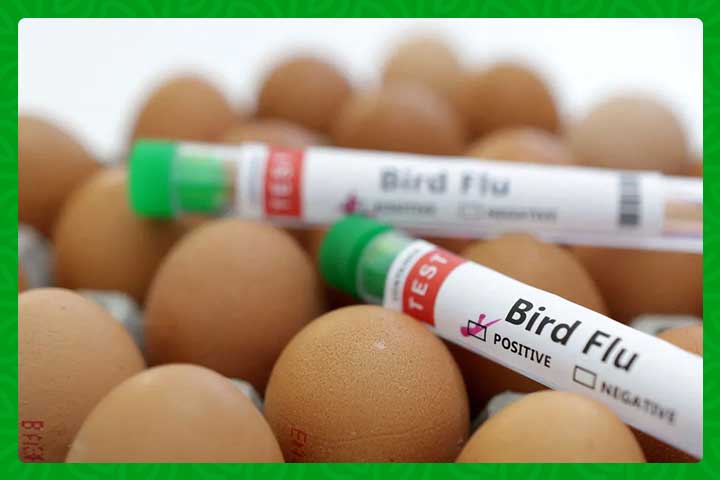
South Africa is currently facing one of its most devastating avian influenza outbreaks in recent history. The poultry sector, a crucial part of the nation’s food supply chain, has been severely impacted. In response to the crisis, major retailers such as Woolworths and Pick n Pay have taken decisive steps to manage the situation by imposing egg rationing measures. This article explores the implications of these actions and the broader challenges posed by the avian flu outbreak.
Egg Rationing: A Necessary Step:
As the avian flu continues to disrupt the poultry industry, retailers like Woolworths have found it imperative to implement temporary egg rationing measures. The aim is to ensure that available eggs meet the high standards of food safety and quality required for their products. As a result, customers are currently limited to purchasing one pack of six eggs each. This restriction is set to remain in effect until further notice, except in cases where the store still has stocks of larger egg packs.
Impact on Prices:
The avian flu outbreak is expected to have a significant impact on the prices of chicken and eggs in South Africa. The shortage of broiler chickens may necessitate the importation of millions of fertilized eggs, potentially leading to a substantial increase in chicken imports leading up to December. This disruption in the poultry supply chain will inevitably affect the prices consumers pay for these essential food products.
Avian Flu Variants:
The avian flu outbreak in South Africa is caused by different strains of the virus. While the more dangerous H7 strain is concentrated in specific regions, the H5 strain prevails in others. H7-infected hens have a longer incubation period for symptoms, which increases the risk of virus transmission to other flocks, compounding the challenges faced by the industry.
Shortages and Price Increases:
Izaak Breitenbach, the General Manager of the SA Poultry Association (Sapa), has raised concerns about ongoing shortages in the market. These shortages are already impacting the availability of commercial table eggs and are likely to drive up egg prices. The situation is further complicated by the need to cull hens and dispose of eggs in the event of an avian flu outbreak, which has been a vital measure to contain the disease’s spread.
Historical Impact and Current Losses:
To grasp the magnitude of the crisis, it’s essential to note that the avian flu outbreaks in 2017 and 2021 resulted in the culling of millions of birds. Since the onset of the avian flu outbreaks in May 2023, nearly a quarter of South Africa’s poultry has been lost, with layer farms being particularly hard-hit.
The avian flu crisis is placing immense pressure on South Africa’s poultry sector and impacting the prices and availability of essential food products such as eggs. Retailers are taking proactive steps to manage the situation through egg rationing, but the challenges are far from over. As the nation grapples with this crisis, it’s essential to remain vigilant and adaptable in ensuring the continued supply of safe and affordable food for all.


















